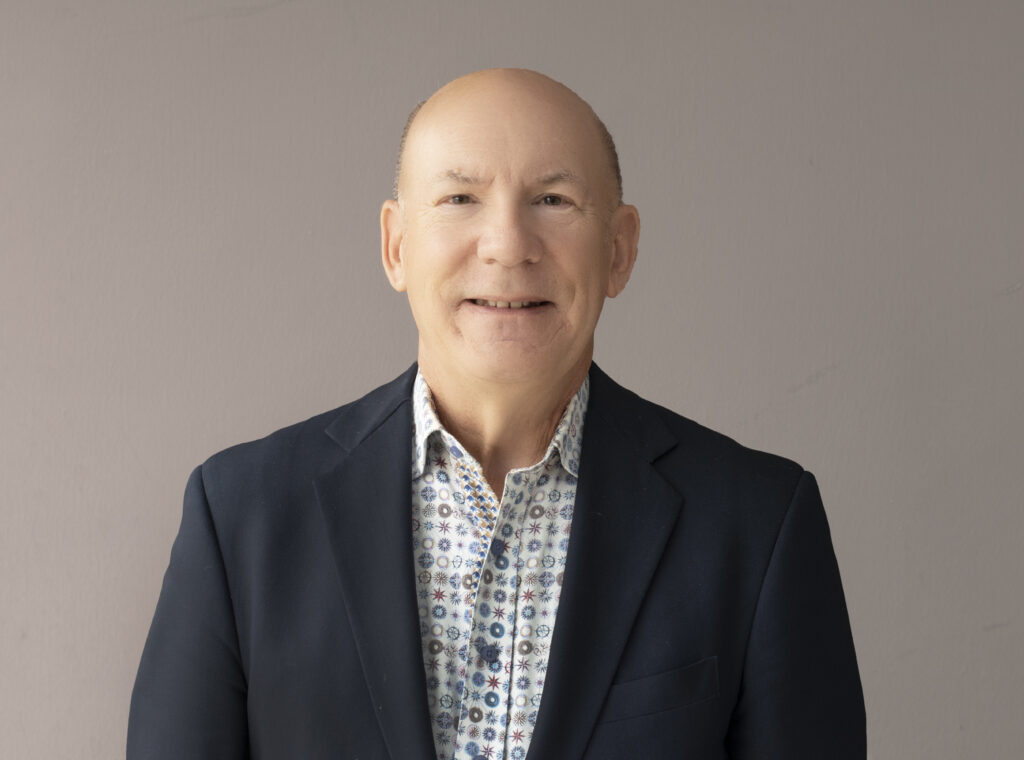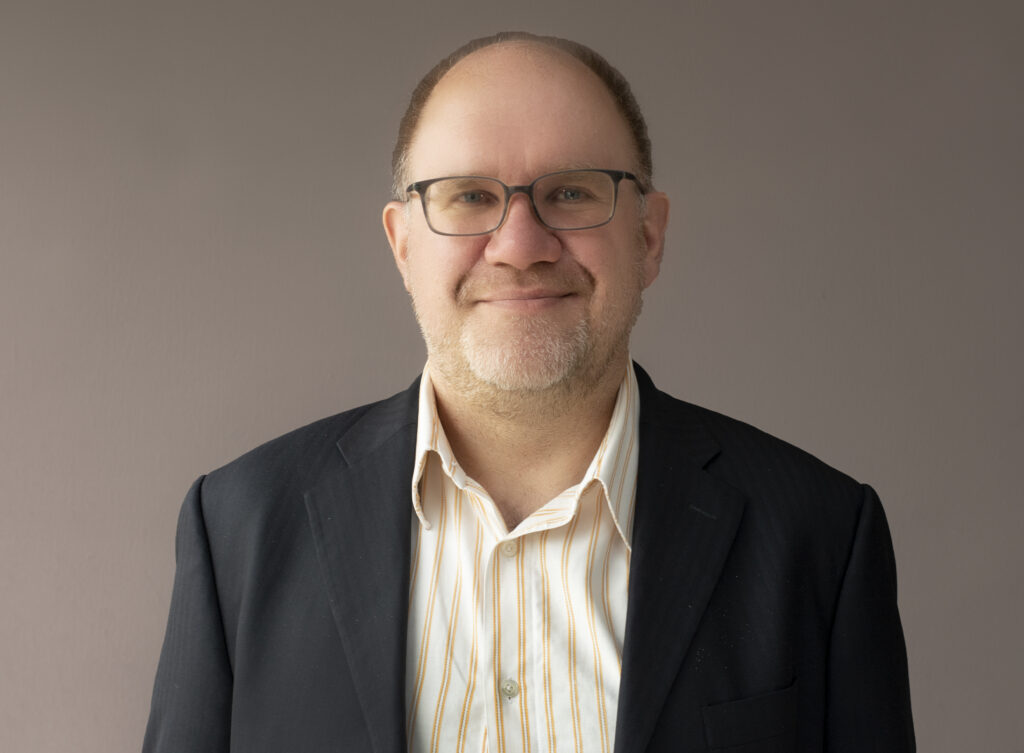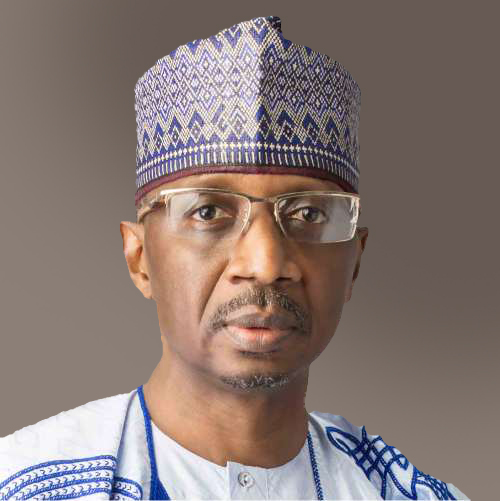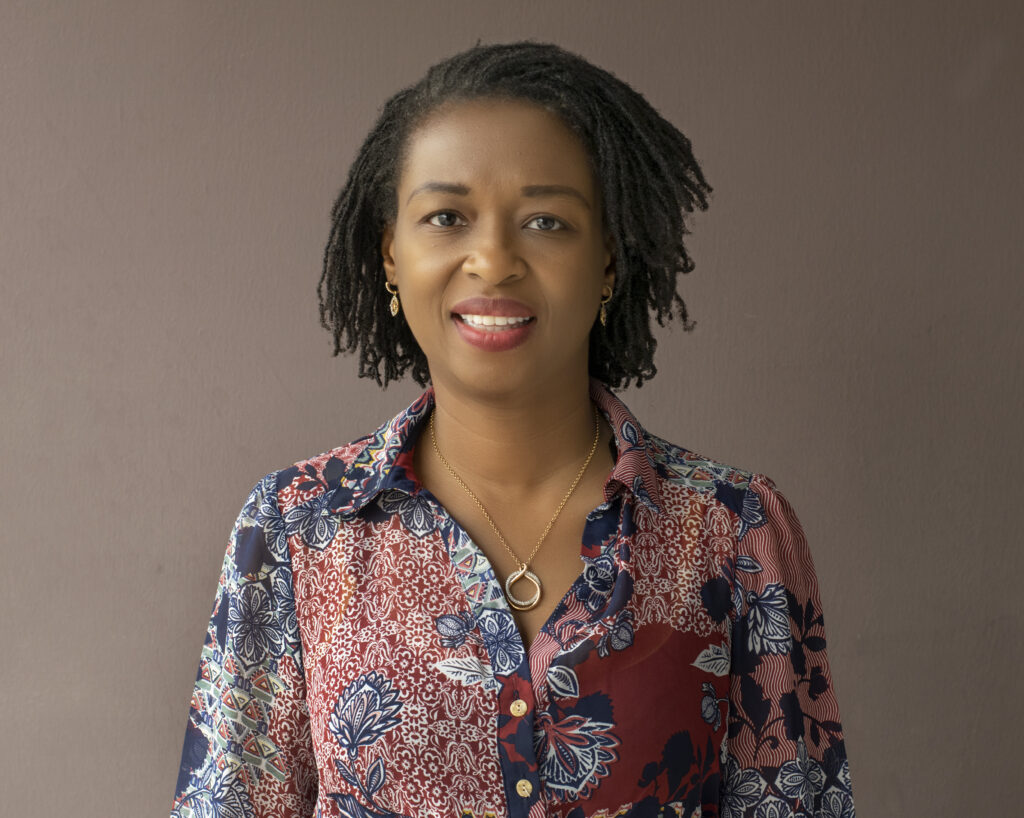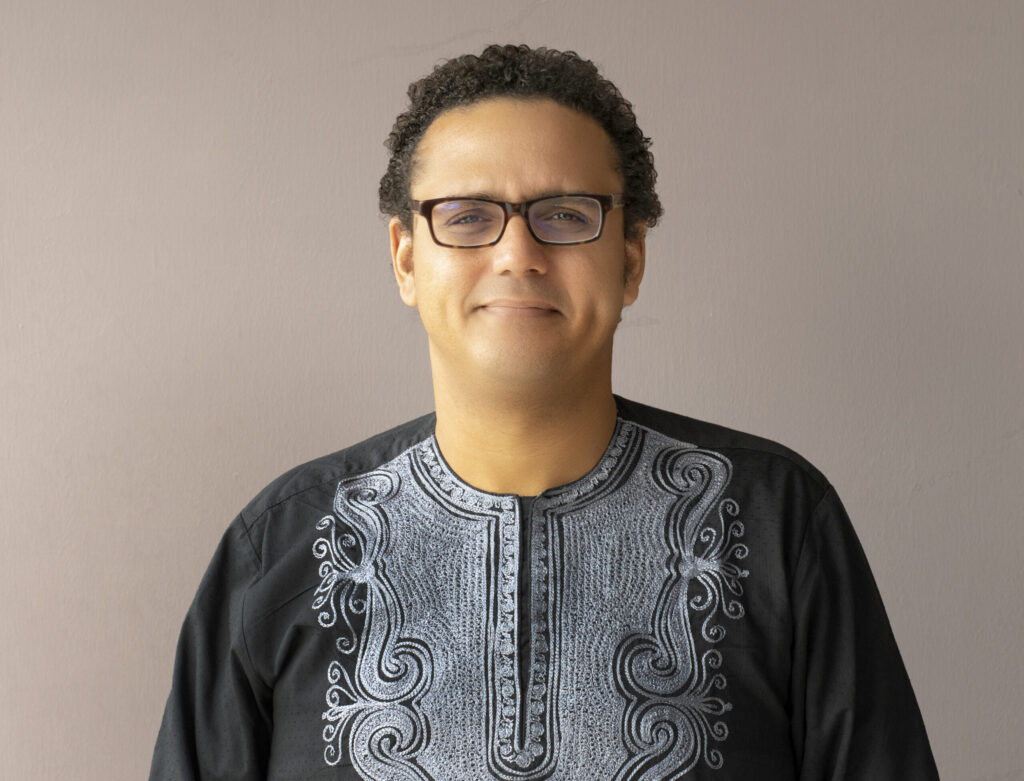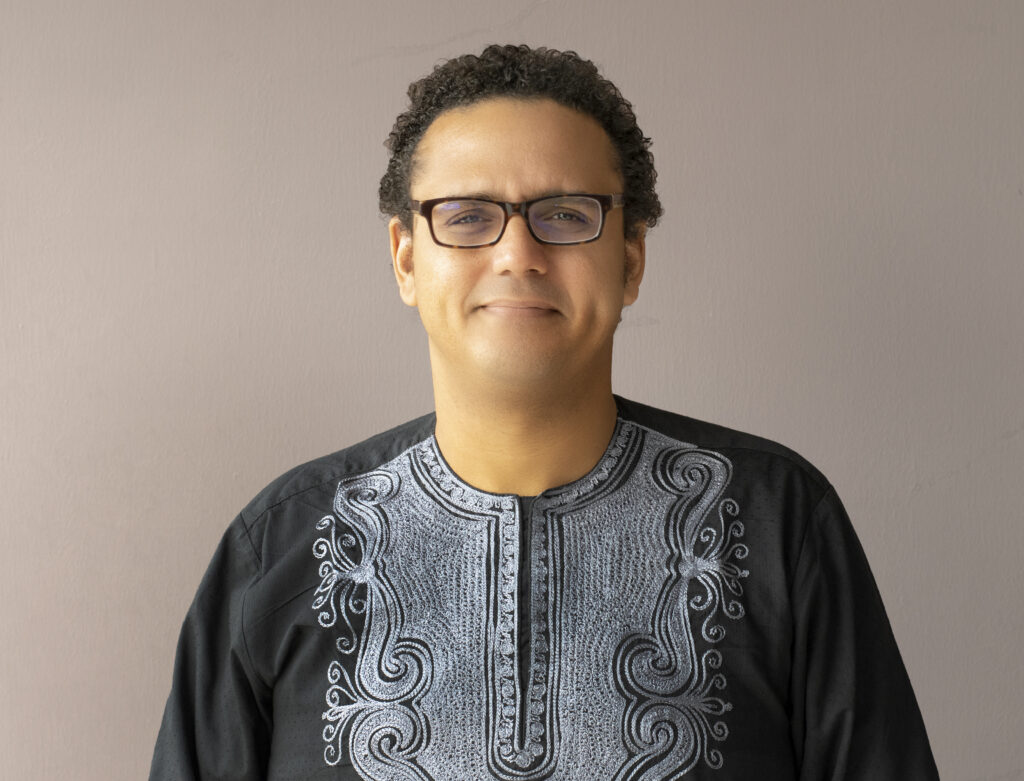
Agriculture in Nigeria may be the least accepted amongst youths in the country. Research carried out in some parts of the country showed that only about 21.5% of youths in the country were willing to participate in agriculture. 68.5% of the respondents were not willing to attend seminars that would encourage youths to participate. While over half of the respondents attributed their unwillingness to participate in agriculture to “making one dirty”.
However, despite Nigeria’s alarming unemployment rate that is at 33.3% according to the Nigerian Bureau of Statistics (NBS), the agricultural sector provides employment for about 36.38% of the population in a 2019 report, this has been its lowest contribution to employment in the country over the past 28 years. Its highest, being 53.15% in 1992.
The year 2020 was a year of uncertainty with the outbreak of the Covid19 pandemic that ravaged the country. The pandemic led to the enforcement of lockdowns, travel restrictions, border closure and more. These caused businesses to close down temporarily and some permanently and resulted in the loss of jobs.
The agricultural sector, however, had a few positives and also contributed to about 20% of the country’s GDP which has seen the country come out of recession in Q4 2020.
In 2021, the Agricultural sector had a contribution of 25.88% to the country’s national GDP and grew by 3,58% year on year.
Nigerian Youths are Willing to Participate in Agriculture Provided they Have the Needed Support
High cost of farm inputs, poor access to credit, inefficient fertilizer procurement and distribution, inadequate storage facilities and poor access to markets have been highlighted by the Food and Agriculture Organization as the major causes for low agricultural productivity in the country. Which are the essential support farmers need to succeed in Nigeria.
In a study carried out in some parts of the country to determine youth’s willingness to participate in agriculture to halt unemployment, 68.5% of the respondents signified that they are willing to participate in agriculture if given the needed and required support.
At Babban Gona, we are using agriculture to tackle the root cause of insecurity in the country, which is youth employment. We provide youths with the needed farm inputs, access to credit facilities, provide standard after harvest storage and help to market the farm produce profitably.
Many wonder “Why agriculture?” The answer is simple: Nigeria is blessed with an abundance of resources that make it favourable for agriculture. The country has 85 million hectares of arable land, three of the eight major river systems in Africa, a largely untouched water table, and, most importantly, a large domestic market in terms of consumption and labour. The sector is underdeveloped and unattractive to the youths.
By providing youths with the right support and inputs, Babban has been able to increase the participation of youths in agriculture. In 2021, youths accounted for over 68% of jobs created by Babban Gona.
